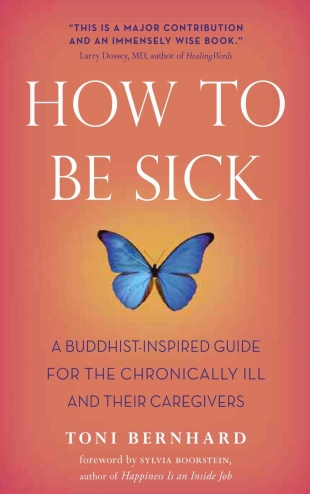Broken-Glass Practice
"Finally, to help me live gracefully with the truth of uncertainty and unpredictability, I follow what I call 'broken glass practice.' This practice was inspired by a passage in Food for the Heart, a collection of the teachings of the Thai Buddhist monk Ajahn Chah. He trained many Westerners at his remote forest monastery and has had a strong influence on the shape that Buddhism of south Asia has taken in the West. As we shall see in more detail later, he offers powerful teachings in equanimity, which is often described as the ability to weather life's ups and downs with a calm and even-tempered mind.
"Here is Ajahn Chah talking about a glass:
" 'You say, "Don't break my glass!" Can you prevent something that's breakable from breaking? It will break sooner or later. If you don't break it, someone else will. If someone else doesn't break it, one of the chickens will! . . . Penetrating the truth of these things, [we see] that this glass is already broken. . . . He saw the broken glass within the unbroken one. Whenever you use this glass, you should reflect that it's already broken. Whenever its time is up, it will break. Use the glass, look after it, until the day when it slips out of your hand and shatters. No Problem. Why not? Because you saw its brokenness before it broke!'
"I use broken glass practice all the time. The Buddha taught that all that arises is subject to change, decay, and dissolution. So, when Tony or I break something, or the power goes off, or the phone line goes dead because the neighborhood squirrels have been chewing on the wires again, we try to laugh and say, 'Ah, it was already broken.'
"As a metaphor, broken glass practice has helped me accept one of the consequences of being sick that my online wanderings tell me would show up on the 'top ten most difficult adjustments' list of anyone who is chronically ill: The very activities that bring us the greatest joy are also the activities that make our condition worse. This was a bitter pill for me to swallow; it still is sometimes.
"These activities include everything from holiday dinners to special events, such as weddings. Having to sit upright for extended periods, trying to focus on a conversation while the room is full of noise, not feeling we can leave (or not having the means to leave) even though our bodies are crying out for us to lie down, are but a few of the features of these activities that exacerbate the symptoms of the chronically ill. Even people who are in good health find these gatherings to be exhausting and may need a day or two to recover, so it's not surprising that they can have such a devastating effect on those who are already sick. . . .
"Broken glass practice can be particularly helpful here. I find comfort in contemplating that my ability to participate in these activities was already broken, in the sense that this change in my life will befall everyone at some point and quite possibly, by surprise. This is simply how and when it happened to me.
"Then, I reflect on impermanence — the fact that every aspect of my life is uncertain, unpredictable, and in constant flux. Finally, like Ajahn Chah, I look after each moment, cherishing what I still can do, aware that everything could change in an instant."
